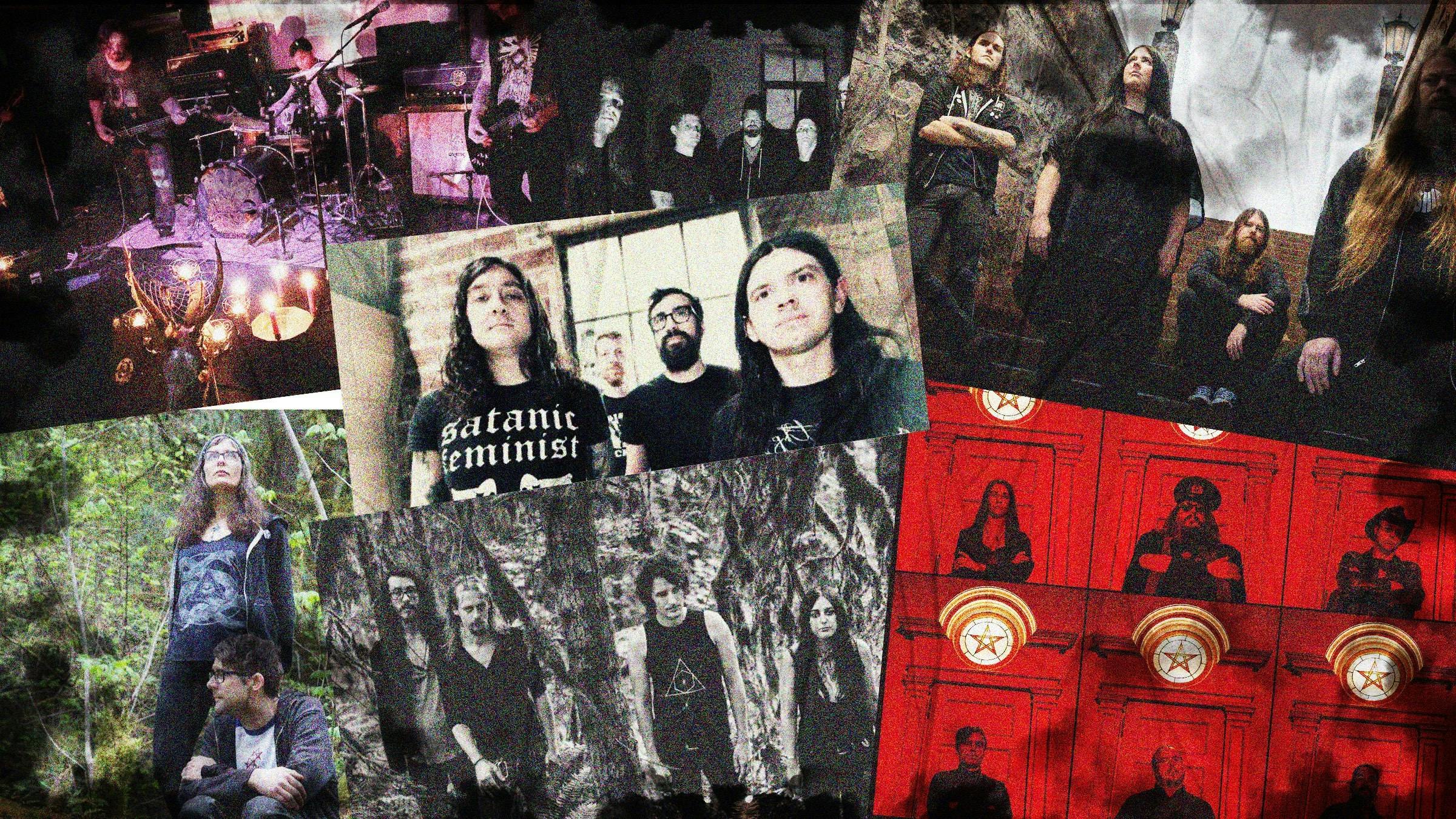Rob Wrong, guitarist of Witch Mountain, echoes the widespread sentiments about Portland’s climate: “I’ve always blamed it on the weather, at least the writing aspect of being in a doom band. Me and my group of fellow heavy brothers back in the early ‘90s were at every Melvins, or Sleep, or Neurosis show that came through Portland--any band that was heavier than thou that we knew about. We always formulated that the Melvins, being from Seattle at the time, got their heavy sound from the weather. It’s 200-plus days of rain here in the Northwest, and most of the fall, winter and even spring, there’s a dark cloud hanging over your head. It paints a dreary backdrop looking out the window and for being stuck inside for weeks at a time, so what better inspiration for writing doom is there, really?”
But that’s only half of the story. The other half of the equation is that, let’s face it: doom metal makes people feel really fucking good. Everyone loves a thick, sinister riff, but there’s something unique about sinking your teeth into riffs that build atop one another, ultimately resolving in a cathartic, heart-stopping crescendo that acts like a salve for the stress and trauma that pile up throughout your daily life. If you’re a doom fan, you know that feeling. And as more of Portland’s population realizes what a resource they have, so too have new generations of fans begun to tune into the sweet catharsis of the slow, huge, and heavy sounds of doom.
There are countless bands continuing the decades-long tradition of slow, heavy riffs in Portland, but here are 7 you should check out right now.
